Let Me Be Frank: A Book About Women Who Dressed Like Men to Do Shit They Weren’t Supposed to Do
Written by Tracy Dawson
Introduction
We all know that history books were written by the people who held the power and the pen—old white dudes. A lot of people got left off the page. Subsequently, they were left out of curriculums, out of oral histories, and out of dope biopics that definitely should have been made about them. Let Me Be Frank is filled with women from 1478 BC to today who were told, “No, you can’t do that. You can’t go there or be that because you are a woman.” To which these women all replied, “Yeah, no, FUCK THAT.”
Some of them had a calling. They couldn’t NOT do the thing, like practice medicine or play sports. Some were gifted or even geniuses. And some of them were just regular women, like me, trying to do their thing. Like I say to my dog sometimes when he’s bugging me an hour early for his dinner and I’m trying to meet a deadline, “Can you just let me live?”
I was compelled to write this book. There is no other way to describe it. In 2013, I was a newish-to-America TV writer in Hollywood by way of Toronto, taking meetings during “staffing season” with different producers, networks, and studios, hoping to land my first American job. We call it the Water Bottle Tour, and many writers hate it. But me? I love free water (it’s the new gold!) and I love meetings. Each meeting represents potential and possibility. I think this attitude shows both my true and strong belief in my talents and that I have something everyone who survives in show business must possess: a healthy dose of delusion.
So, there I was on Water Bottle Tour 2013. I met with an exec at a major studio who asked me which of their new shows I might be interested in writing on. When I told her, she replied, plainly, that none of the shows I had mentioned had any “female needs.” I just want to pause here to let that marinate for a second. She said that none of the shows I mentioned had any female needs. And that, my friends, is when my vision blurred and I passed out. Not really, no. That is when I learned that in her eyes (and maybe the industry’s eyes) I was not a comedy writer with a flair for great dialogue (which I am). No. I was a Female Writer, and I was not going to be judged on my merits or jokes. There were jobs open that I was not eligible for . . . because I had boobs.
After I picked my mouth up off the floor and left her office, my dignity in tatters, wondering if this exec had ever told an African American writer that their shows didn’t have any “Black needs” (and if she didn’t say it, you know she’s probably thought it), I went home to my very small apartment and thought, Well, fuck. I’m not super femme-y. I don’t have cheekbones to speak of or much of a bosom. I wondered what actions could be taken. Could I reinvent myself? After all, everyone thought I was a boy when I was little… Then would I be allowed to write some fucking jokes? That is when the fury set in. I paced around my living room like a caged animal. So, women are specialty items, huh? Added for flavoring? God forbid a woman is seen as simply a writer who can write for any multitude of voices and characters. Oh, no, that was men’s work, I was being told. I was “niche,” a fancy donut in a box of regular raised, and you only get ONE of those in a dozen. No, ma’am, so sorry, but we can’t read and consider you based on how excellent your story, dialogue, and jokes are . . . they have been eclipsed by your small but dense breasts.
That moment in the exec’s office was the beginning of this book. I was angry. Hell, I’m still angry. While I didn’t seriously consider transforming into the man version of myself so I could get a job on a sitcom, I did think about it. Soon afterward, an article on Jezebel by Catherine Nichols caught my eye as it made the rounds online. In the article, entitled “Homme de Plume: What I Learned Sending My Novel Out Under a Male Name,” Nichols wrote about how she sent out query letters and the first ten pages of her novel to literary agents using her real (female) name. After a dismal response, she sent it out again with a fake (male) name: George. Everything else remained the same about her submission. All told, almost nine times the number of agents asked to read the full manuscript than when she submitted using a male name. Nichols writes:
Most of the agents only heard from one or the other of us, but I did overlap a little. One who sent me a form rejection as Catherine not only wanted to read George’s book, but instead of rejecting it asked if he could send it along to a more senior agent. Even George’s rejections were polite and warm on a level that would have meant everything to me, except that they weren’t to the real me. George’s work was “clever,” “well-constructed” and “exciting.” No one mentioned his sentences being lyrical or whether his main characters were feisty.
I started to think of all the women throughout history who have disguised themselves as men or adopted a male pseudonym to gain access, get ahead, survive, thrive, be listened to, be allowed to . . . to embrace their true calling or to be taken seriously.
Look, here’s the thing. I will never get over the 2016 presidential election. If you are reading this in 2180 and I’m dead in the ground, I’m still not over it. And not because I’m obsessed with Hillary Clinton. It’s not about Clinton—it’s about me and it’s about women. We all lived through the buffoon who’s never read a book triumphing over the Beyond Capable Woman. Don’t get me wrong, even if the buffoon had lost, his numbers still would have been good because ours is a broken country that has never addressed its original sin, much like the bodies beneath the house in the film Poltergeist. But watching the Beyond Capable Woman lose does something to you. It buries deep beneath your skin and settles there like a cancer. You may be accomplished, you may be qualified, but the message received since time immemorial is: No, not for you. Sorry, ladies. You may be exceptional but NOT. FOR. YOU.
Some of the women in this book are trailblazers, some are sociopaths, all are rule breakers. In fact, they are rule breakers in two ways: by doing the thing they were not supposed to do and then by doing something women are definitely not supposed to do: put themselves first.
My focus in this book is on women who dressed as men to gain access and opportunity, not on gender identity. When it comes to historical figures, sometimes it is difficult to separate choices made for access or survival from those regarding gender identity. Caution is always required when applying modern language to historical figures. I’m not here to erase or oversimplify anyone’s story. I don’t have all the answers, but sometimes historians and scholars like to write like they do. I love facts and history, but I also love questions! I live in the questions, because staying open and curious most definitely keeps you young. This book is not about gender identity, but know that I am rigorous in my sensitivity and my commitment to inclusion.
Since I began my research for this book, I have been reminded of how many bullshit falsehoods I have told myself over the years, in conjunction with stories that show business, or the media, or advertisements, or the patriarchy have told me about who I am, what I am capable of, or what a woman is or is not. It’s exhausting and maddening. Luckily, I have come to discover that I am deeply in love with myself and think I’m kinda the shit. I hope the women in this book will inspire you to feel the same.
Each of these stories celebrates the creativity and depth of ingenuity that my community and I have boldly harnessed in the face of the patriarchy’s fucked-up desire to control and oppress us. Above all, it shows that female will, and the will of all those who have been othered, knows no boundaries. We get knocked down, but we keep getting up. We always GET. UP.

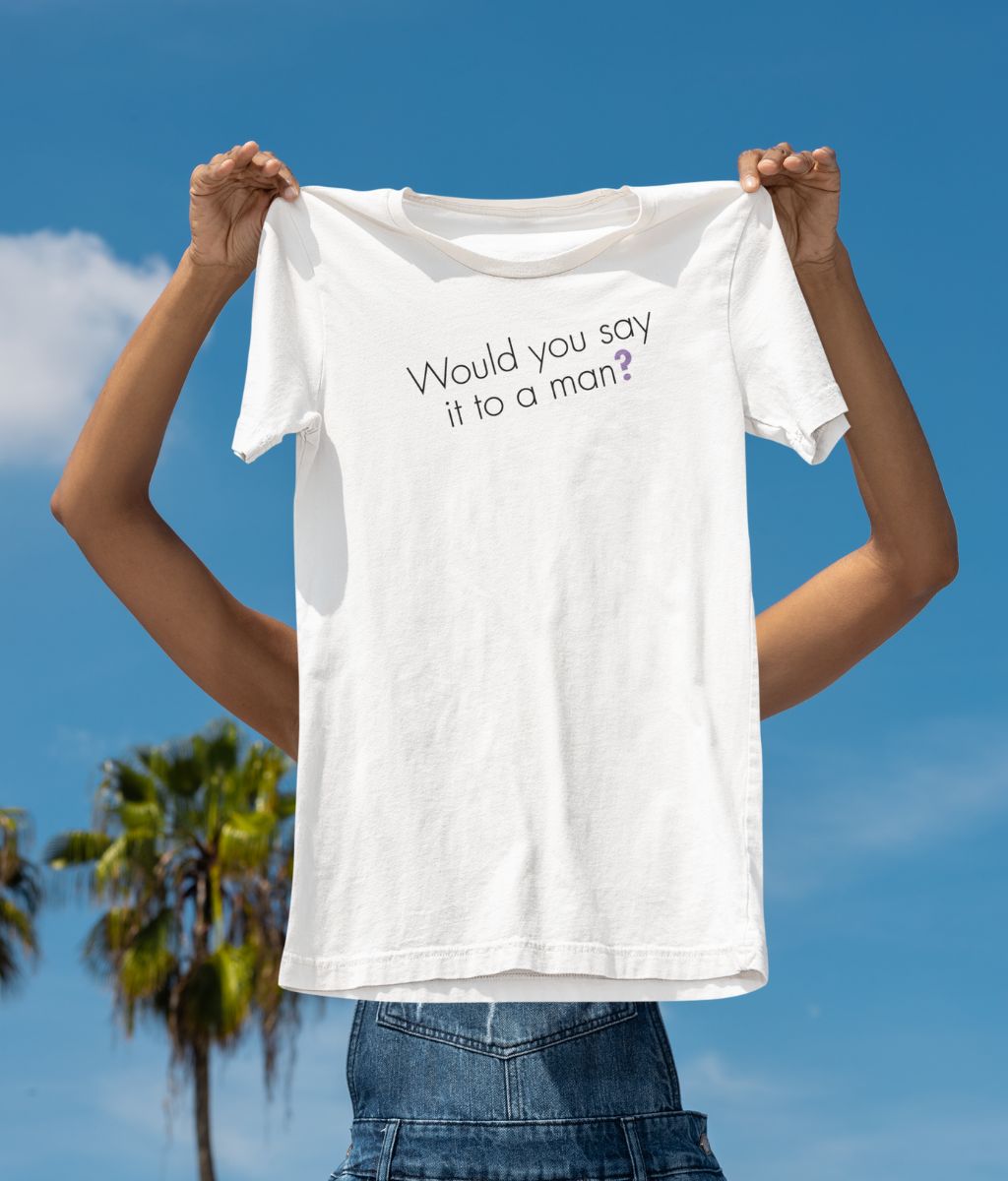
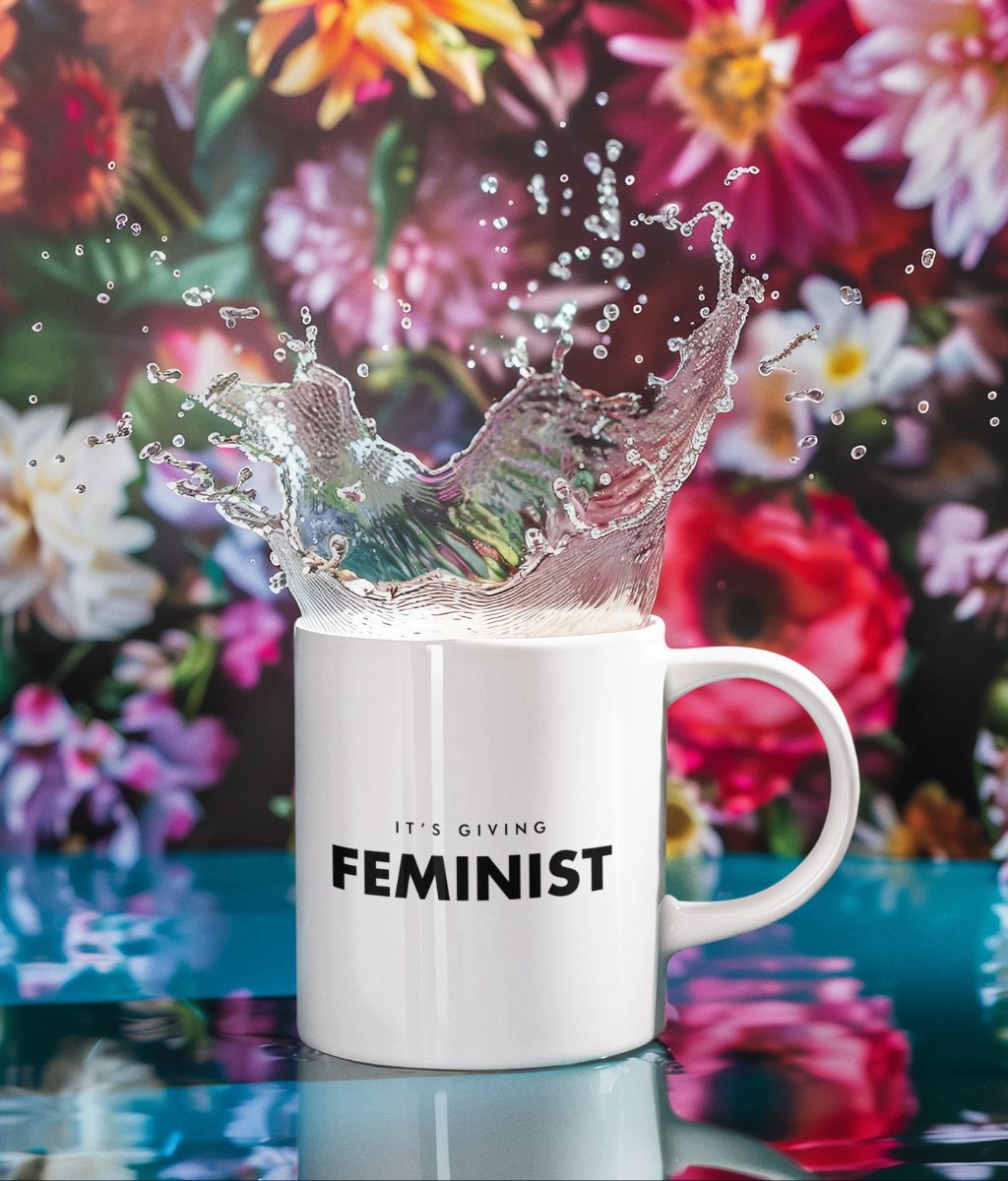

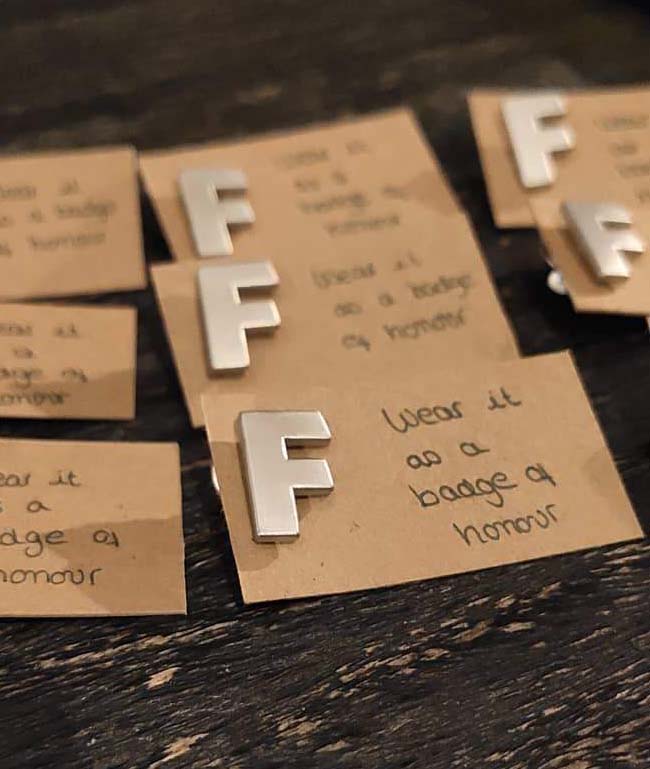
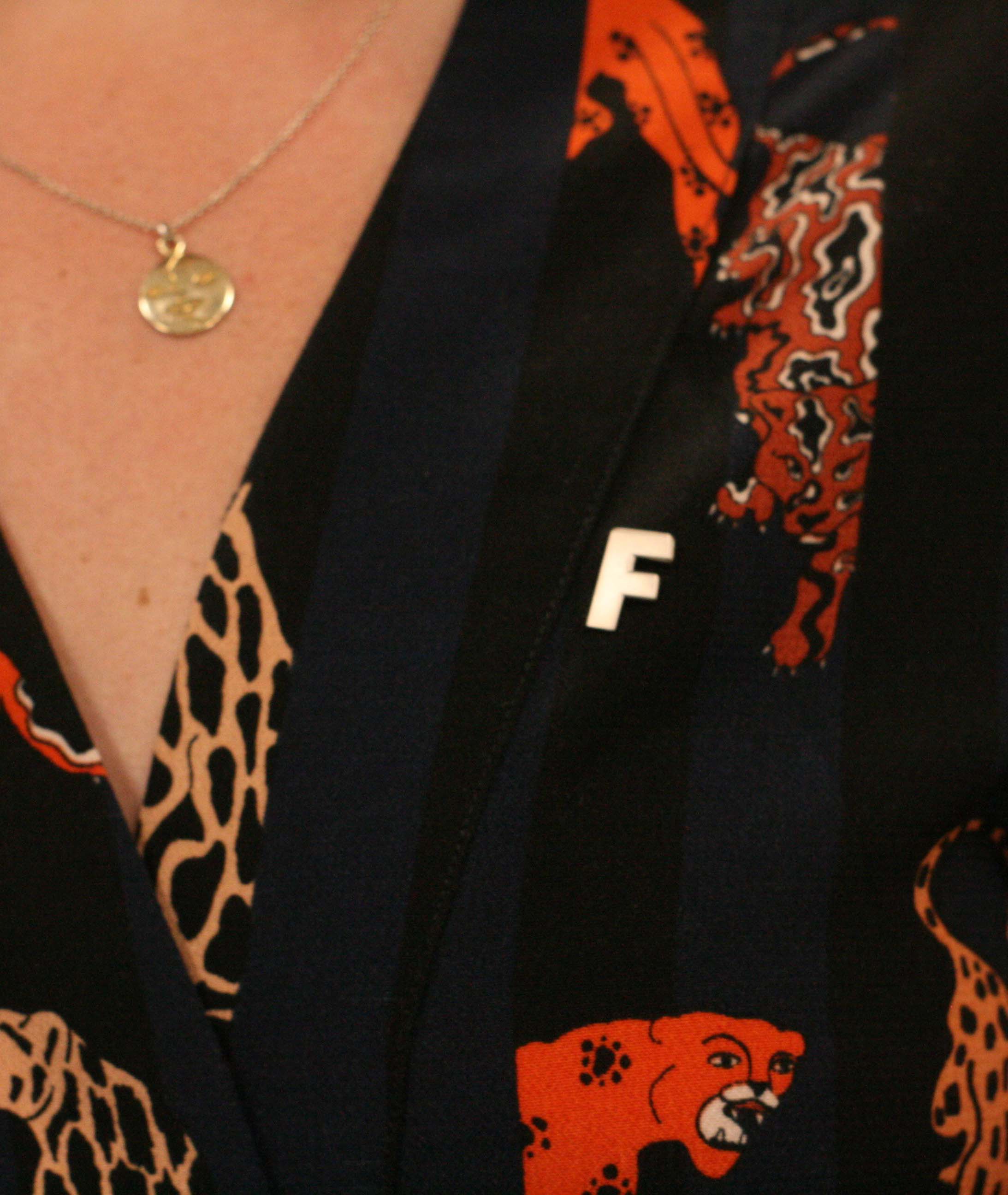
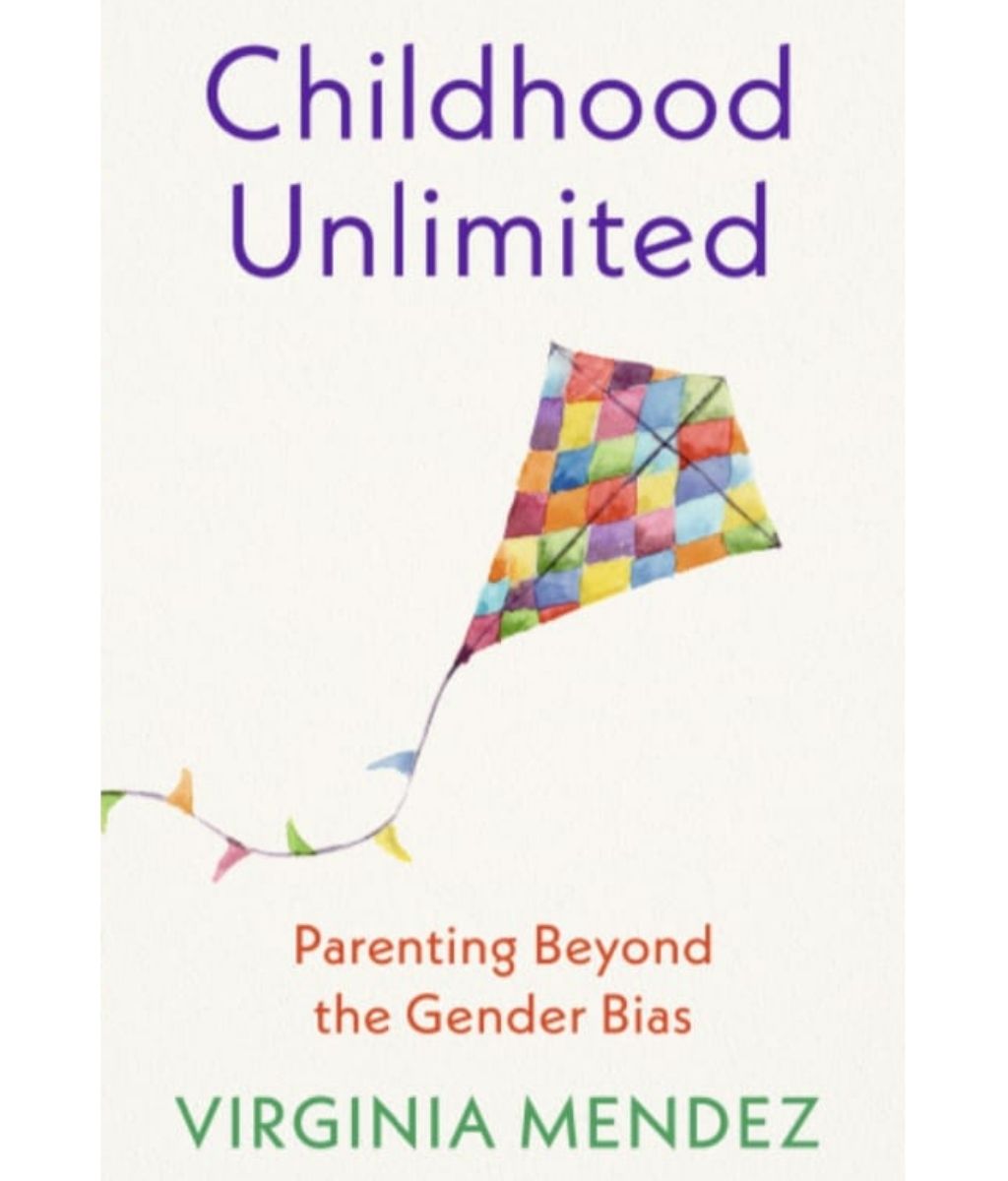
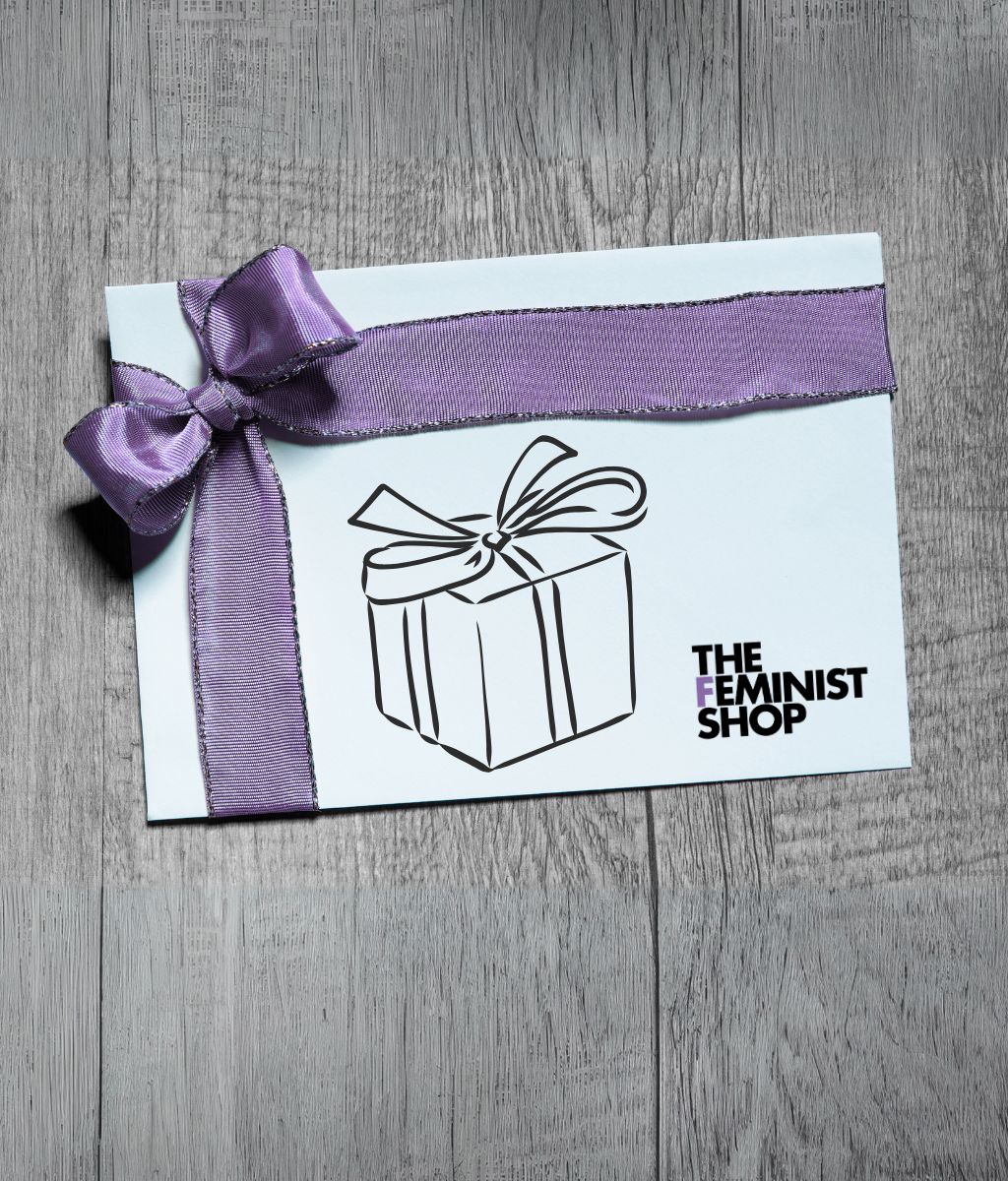
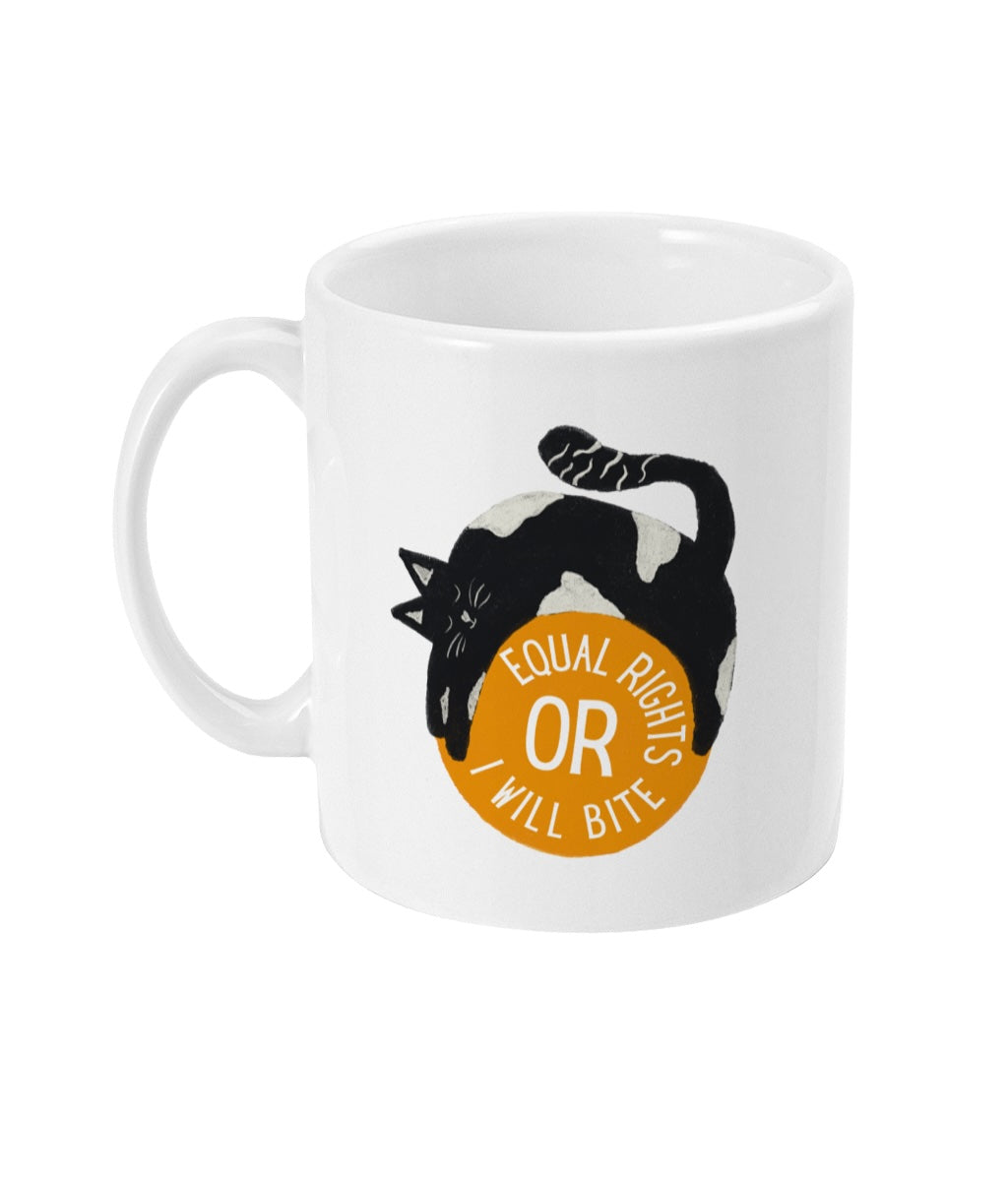
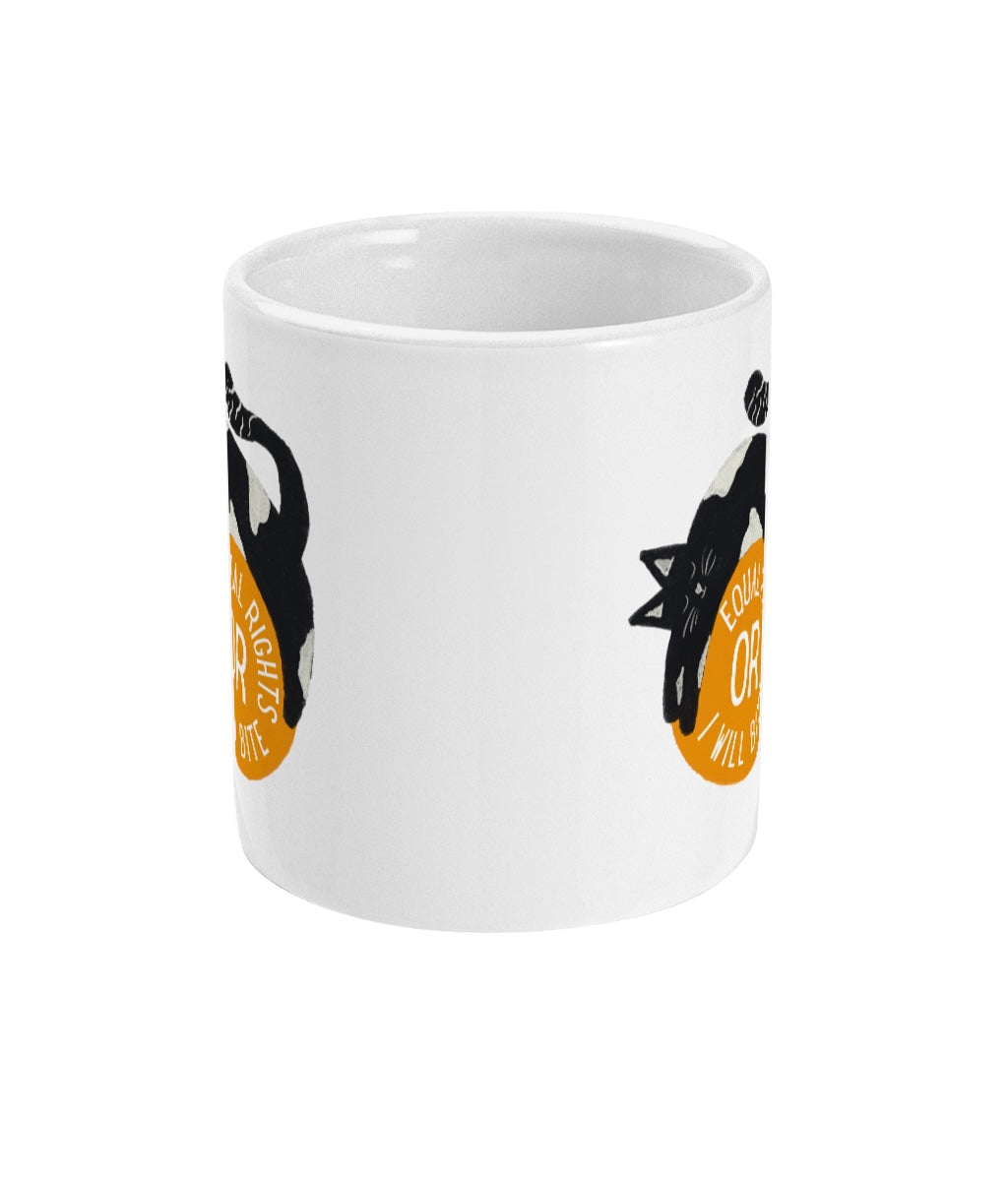
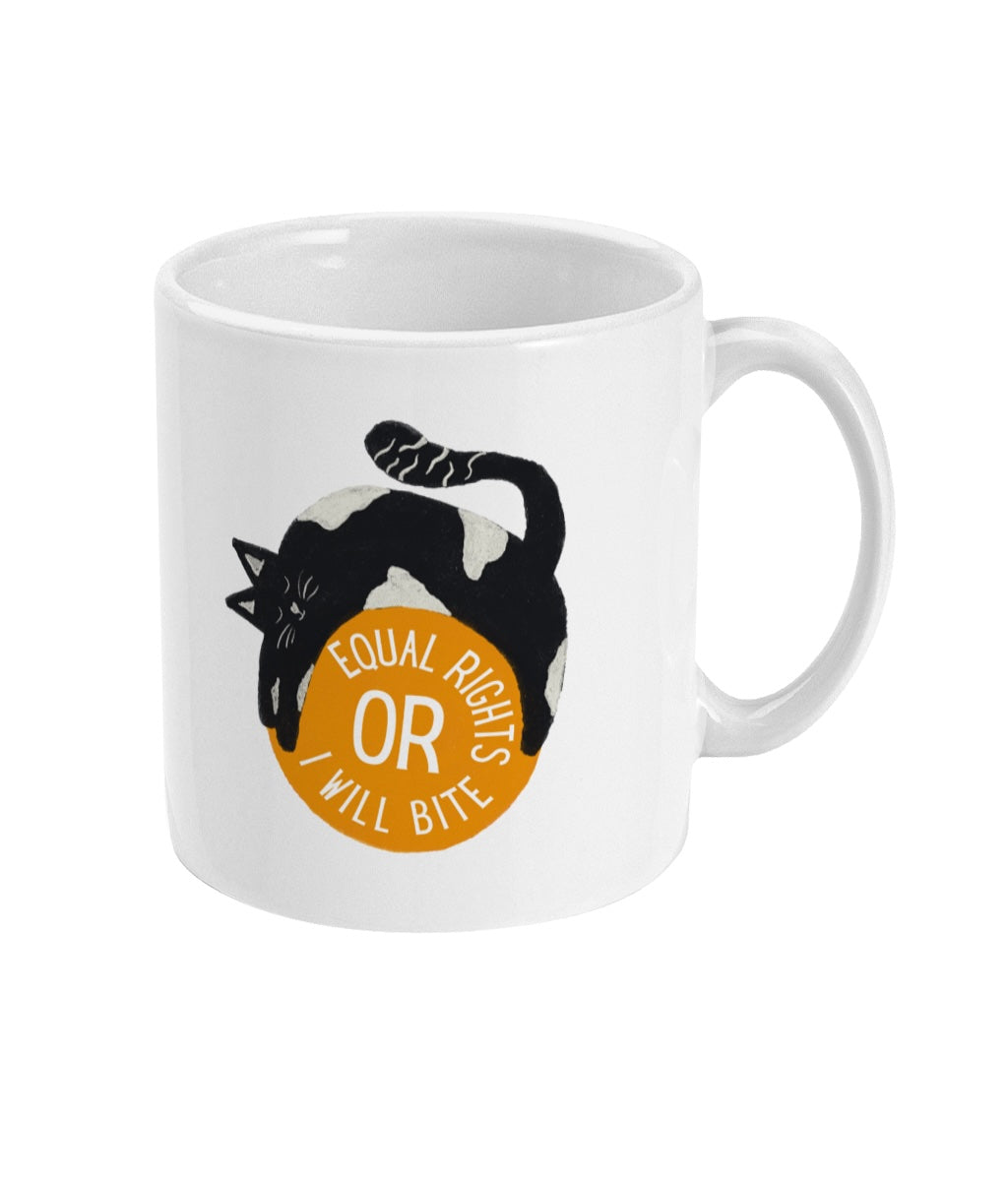
0 comments